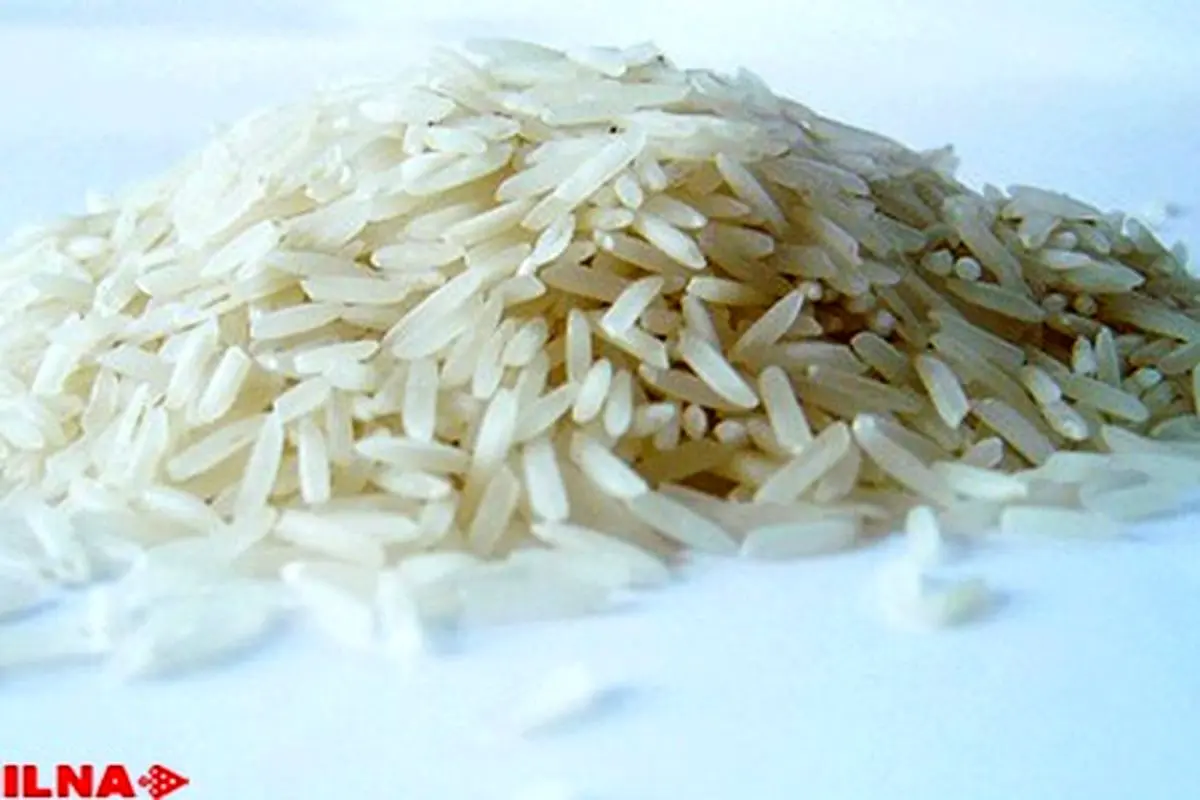Sanctions on Iran pinch Indian tea, rice exporters

Indian traders of basmati rice and tea have started to feel the heat from US sanctions looming on Iran.
Basmati exporters said new contracts are being delayed and the tea trade is bracing for a knock, as exporting tea to Iran will become expensive as it may have to be routed through Dubai or other Middle East countries.
“Iran is a big market for Indian basmati rice. At present, shipments for old contracts are going to Iran. But there is a delay in new contracts. So the trade is worried about Iran market,” said Gumnam Arora, joint managing director, Kohinoor Foods, The Economic Times reported.
India also exports basmati rice to the US, Europe, Middle East and South East Asia.
At present, basmati rice fetches $1,200-$1,300 per ton in the world market. India exported 0.87 million tons of basmati rice to Iran in FY18 from its total exports of 4.05 million tons. Exporters are hopeful of exporting 1 million tons of basmati rice to Iran this fiscal year.
An Iranian trader said US sanctions can only affect dollar trade. In that case, euro or other local currencies can be used for trading.
European nations have not imposed sanctions on Iran. Only the dollar is eliminated.
“Also, we have to see whether there are sanctions on food items,” he added.
Indian exporters mostly receive payments in rupees for exports to Iran under a mechanism worked out in 2012 when banking channels were restricted during the earlier round of US sanctions.
Indian companies receive payments for exports to Iran using the oil payments held in rupee balances at UCO Bank.
The mechanism helped India narrow its trade deficit with Iran from about $11.3 billion in FY12 to about $3.5 billion in FY16 when the sanctions were lifted.
Iran also imports 29 million kg of high quality Indian orthodox teas. Azam Monem, chairman of India Tea association, said exports to Iran are currently going on in full swing.
“There are [a] lot of queries from Iran. The sanctions will become effective from Nov. 4. We are hoping that we will be able to ship the entire volume before sanctions become effective. Or else we have to route it through Dubai or other Middle East countries, which will increase our cost. The rupee-rial arrangement is still there, which will help the trade,” the ITA chairman said.
However, some traders pointed out that although the rupee-rial trade is continuing, a major chunk of the Indo-Iranian trade has now shifted to euro payments.
END
